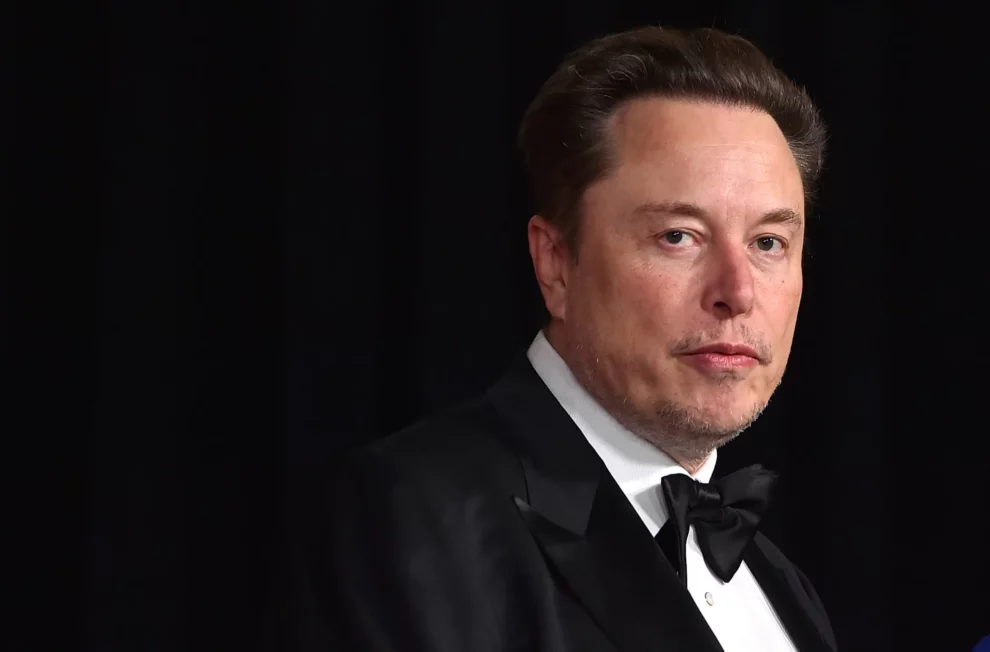Elon Musk’s X (formerly Twitter) has launched a legal challenge against California’s new law aimed at combating AI-generated election misinformation. The lawsuit, filed in Sacramento federal court, marks a crucial moment in the increasingly complex intersection of technology, democracy, and constitutional rights.
The legal battle centers on Assembly Bill 2655, formally known as the Defending Democracy from Deepfake Deception Act of 2024, which Governor Gavin Newsom signed into law on September 17. The legislation represents California’s ambitious attempt to protect electoral integrity by establishing strict standards for AI-generated political content, specifically prohibiting the distribution of “materially deceptive audio or visual media of a candidate” within 60 days of an election where the candidate appears on the ballot.
X’s challenge to the law presents a fundamental constitutional question, pitting concerns about electoral manipulation against First Amendment protections. In its complaint, the social media platform argues that the legislation threatens to impose unwarranted restrictions on political speech, emphasizing that the First Amendment traditionally “includes tolerance for potentially false speech made in the context of such criticisms.
The timing of this legal challenge is particularly significant, as it comes amid growing concerns about the potential impact of artificial intelligence on democratic processes. The law was part of a broader legislative package aimed at addressing various AI-related concerns, including the creation of sexually explicit deepfakes and other deceptive content. However, the day after Newsom signed these bills into law, a federal judge issued a preliminary injunction against them, highlighting the complex legal terrain surrounding AI regulation.
California’s position as a battleground for AI regulation extends beyond electoral concerns. The state has emerged as a crucial testing ground for various AI-related regulations, particularly in the entertainment industry. This was notably demonstrated during the 2023 SAG-AFTRA strike, where concerns about AI use in film and television became a central issue. The resolution of that dispute led to groundbreaking protections for actors against unauthorized AI replication of their likenesses, setting a precedent for similar legislation.
Building on this momentum, California passed AB 2602, which expanded protections against unauthorized AI reproduction of likenesses across various media industries, including studios, publishers, and video game developers. This legislative action reflects the state’s broader strategy to establish comprehensive frameworks for AI regulation across different sectors.
The current lawsuit by X represents more than just a challenge to a single piece of legislation; it highlights the fundamental tension between technological innovation and democratic safeguards. Supporters of the law argue that it provides necessary protection against sophisticated forms of election manipulation, while critics, including X, contend that it could lead to excessive censorship and infringement of legitimate political discourse.
The case raises complex questions about the balance between preventing election misinformation and protecting free speech rights. How can lawmakers effectively regulate AI-generated content without impinging on constitutionally protected speech? Where should the line be drawn between legitimate political discourse and deceptive manipulation? These questions become increasingly pertinent as AI technology continues to advance and become more sophisticated.
The outcome of this legal challenge could have far-reaching implications for how states and other jurisdictions approach the regulation of AI-generated content in political contexts. It may set important precedents for future legislation attempting to address the challenges posed by artificial intelligence in democratic processes.
Moreover, this case exemplifies the broader challenges faced by legislators and courts in adapting traditional legal frameworks to rapidly evolving technologies. The speed at which AI capabilities are developing often outpaces the legal system’s ability to respond effectively, creating a complex regulatory environment where competing interests must be carefully balanced.
As this legal battle unfolds, it will likely serve as a crucial test case for similar legislation across the country. Other states watching California’s experience may adjust their approaches to AI regulation based on the outcome of this lawsuit. The resolution of this case could significantly influence how democratic societies balance the protection of electoral integrity with fundamental rights in an increasingly AI-influenced world.
The challenge to AB 2655 represents a critical moment in the ongoing dialogue about technology’s role in democracy and the limits of government regulation in the digital age. As courts grapple with these issues, their decisions will help shape the future of both political discourse and technological innovation in America’s democratic system.
















Add Comment